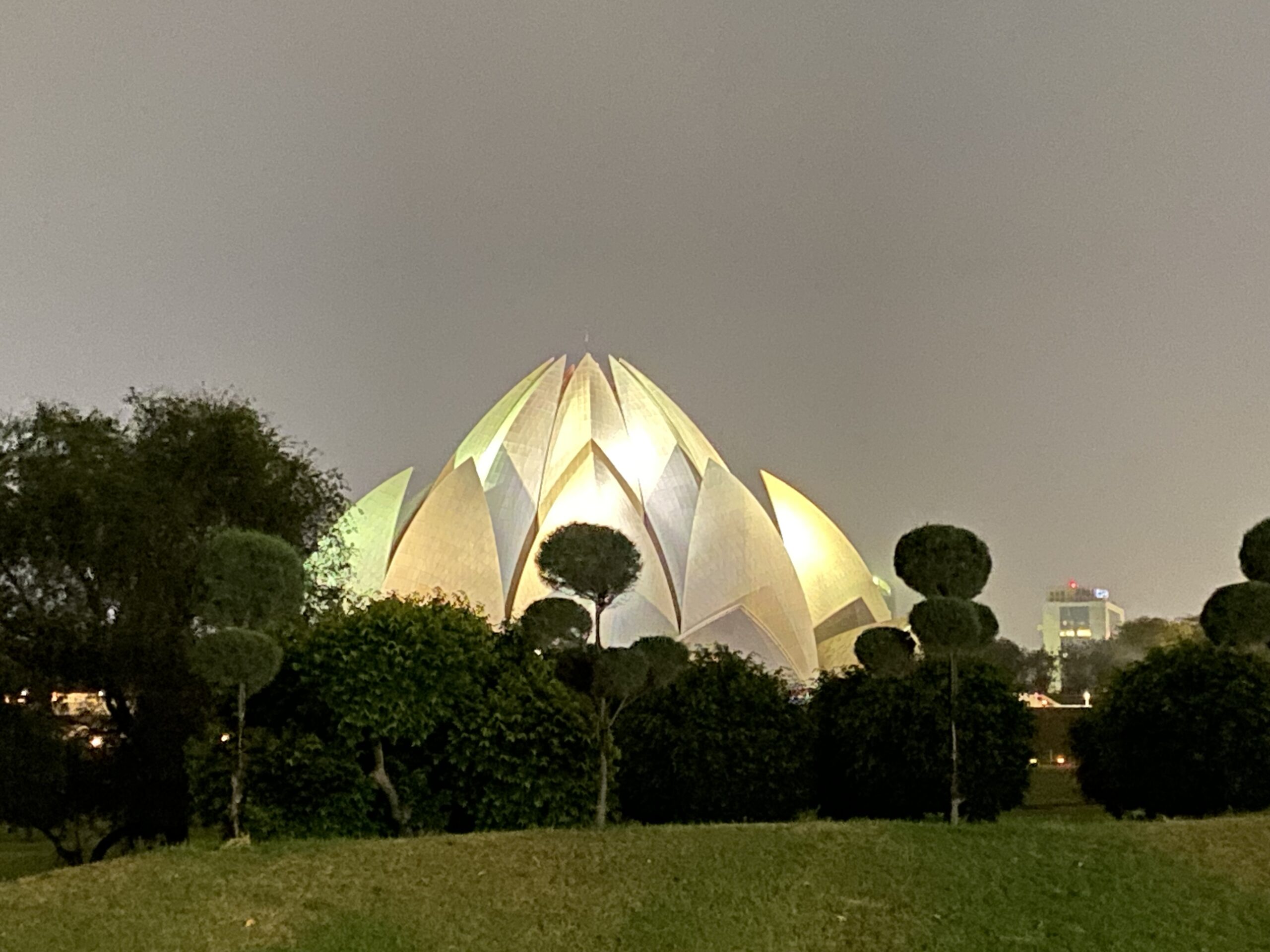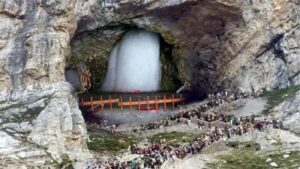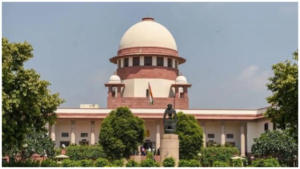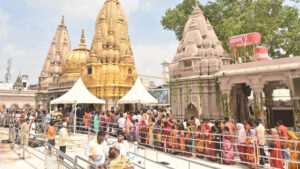This year, the Ninth Day of Ridván Begins at the sunset of April 27 and ends at the sunset of April 28, 2024.
Therefore, all the Bahá’í Communities throughout the world celebrated the Ninth Day of Riḍván, on 2 Jamál, 181 B.E. (28 April, 2024), a festival of joy and unity. Riḍván is a twelve-day festival that commemorates the beginning of the Bahá’í Faith in 1863. Three of the twelve days of Ridván have special significance–the first, ninth, and twelfth day, which fall respectively this year on April 20, April 28, and May 1, 2024.
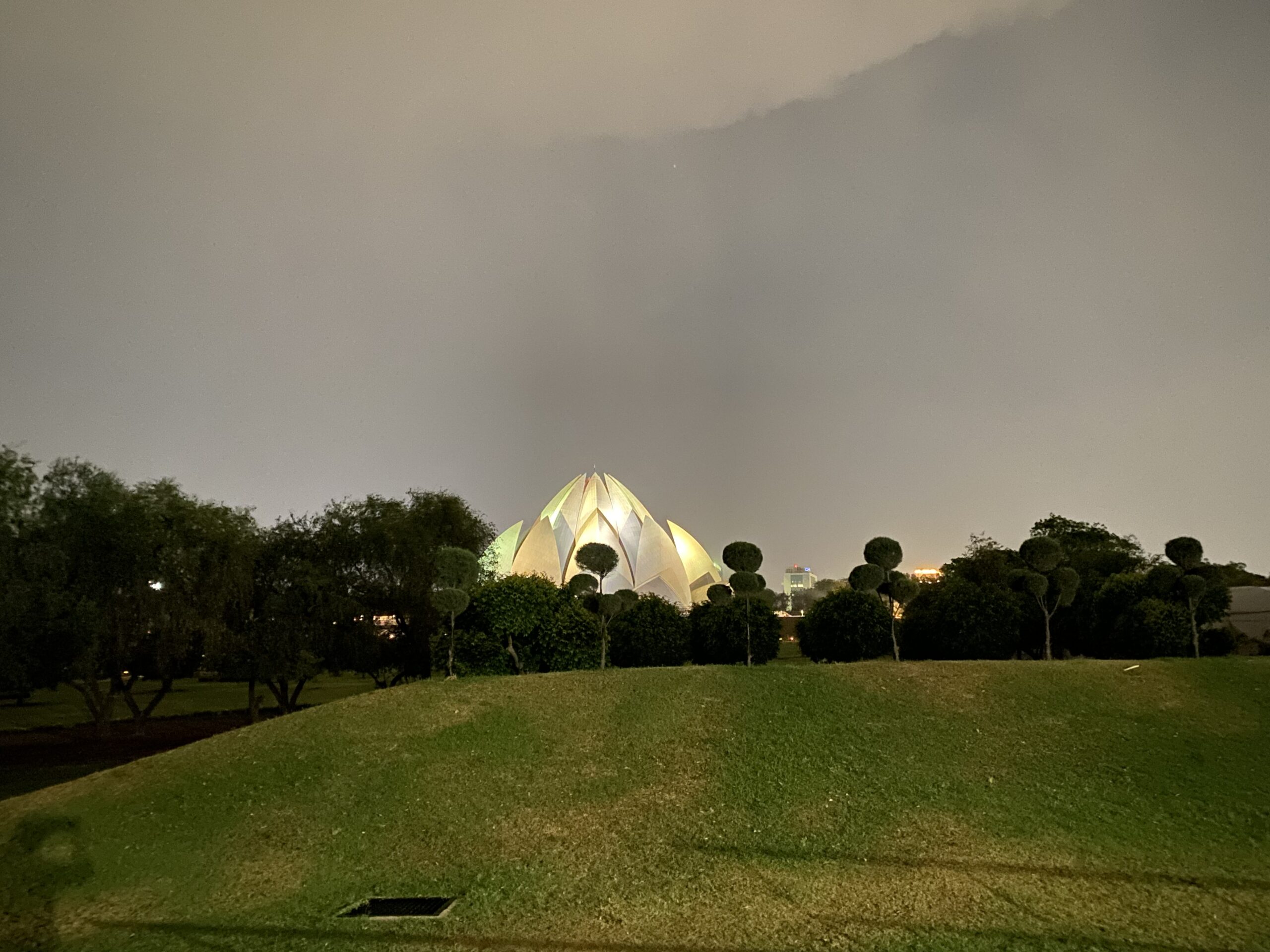
Baháʼu’lláh, after being imprisoned in Persia (Iran) for His involvement with the Bábí community, was exiled to Baghdad by Nasruddin-Shah Qajar.
Baháʼu’lláh entered the Najibiyyih Garden on April 21, 1863, in order to receive visitors and allow His family to prepare for His upcoming trip to Constantinople. He crossed the river Tigris in a small boat accompanied by His sons ʻAbdu’l-Bahá, Mírzá Mihdí and Mírzá Muhammad ʻAlí, His secretary Mirza Aqa Jan and some others. After their arrival in the garden, Baháʼu’lláh announced His mission and station for the first time to a small group of family and friends. For the next eleven days Baháʼu’lláh received visitors including the Governor of Baghdad. Baháʼu’lláh’s family was not able to join Him until the ninth day, since the river had risen and made travel to the garden difficult.
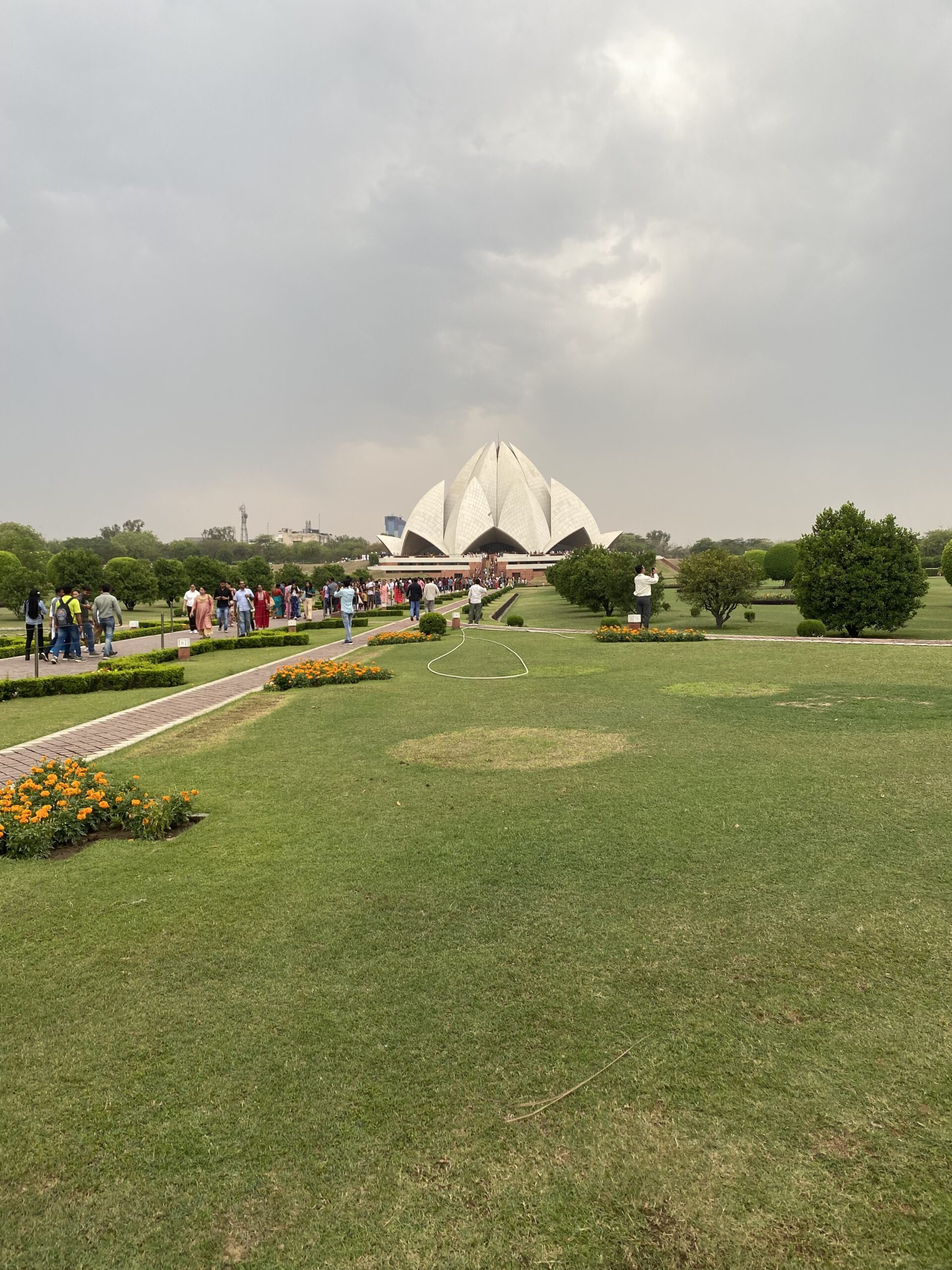
It was Baháʼu’lláh who gave the garden the name of Ridván (“paradise”) during His stay, and the name was thereafter applied to the twelve-day Festival of Ridván—known as the “King of Festivals”—celebrated annually by Baháʼí Communities between 21 April and 2 May, but this year, i.e. in 2024, the 12-Day Ridván festival is being celebrated between 20th April 2024 and 1 May as per the newly implemented Baháʼí Calendar.
Certain days of this festival are tied to major events that took place during the period of Baháʼu’lláh’s stay in the garden: the first day celebrates His arrival in the garden; the ninth day, the arrival of His family; and the twelfth day, His caravan’s departure towards Constantinople.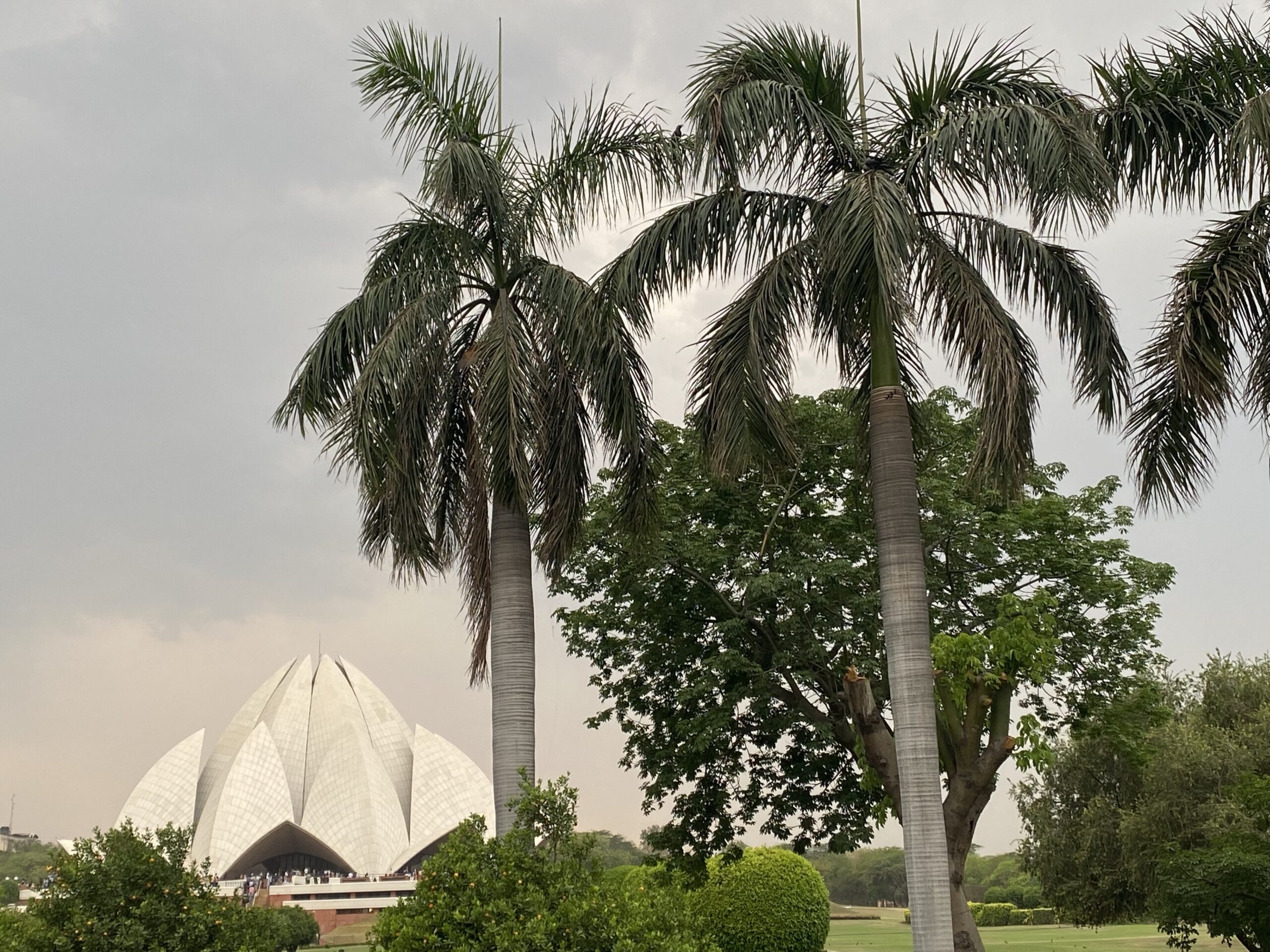
These three days are major Baháʼí holy days, on which work must be suspended.
The Ninth Day of Ridván began during the period when the Tigris River reached flood stage in the spring of 1863. In late April Baháʼu’lláh and a handful of His followers crossed over the river to the Najibiyyih garden, a park-like setting on an island filled with rose bushes and the lilting songs of nightingales. There they set up their tents and prepared spiritually for their imminent overland journey to Constantinople (now Istanbul) – Baha’u’llah’s next place of government-imposed exile.
The Ninth Day of Ridván honors a historic event in the Baha’i Faith. In April of 1863, Baháʼu’lláh, the Prophet-Founder of the Baháʼí Faith, learned that He had been officially banished from the Ottoman Empire. At the time, both the Persian and the Ottoman governments opposed and feared the rapid spread of Baháʼu’lláh’s teachings, so they reacted with violence against His followers. At least 20,000 innocent people died as a result. However, the Ottoman government was unable to slow the spread of the Baháʼí Faith and so they banished Baháʼu’lláh and His followers. They ended up near the eastern bank of the Tigris River in the Garden of Ridván.
On their Ninth day in the garden, the flooding Tigris receded enough so that Baháʼu’lláh’s family could cross the river and join Him. This reunification of Baháʼu’lláh’s family inspired the symbolic meaning of the Ninth Day of Ridván.
The Ninth Day of Ridván commemorates the unity of the family and the joy of Baha’u’llah’s new creed. Believers will not attend work or school on this day, and the community participates in prayer and celebration together.
This reunification of Baha’u’llah’s family inspired the symbolic meaning of the Ninth Day of Ridván. Like all holy days, Baháʼís must abstain from work and school on this holiday. They also celebrate with joyous gatherings filled with prayer and readings from the Baha’i writings.
On 28th April 2024, Baháʼís observed the ninth day of the annual Ridván festival – a day with a joyful special significance which makes it holy for every Baháʼí. Baháʼu’lláh wrote that this great announcement – the coming of a new Divine Prophet to humanity, described as “the Tongue of the Ancient of Days” – should be seen as “the Day of supreme felicity:”
“Rejoice with exceeding gladness, O people of Baha, as ye call to remembrance the Day of supreme felicity, the Day whereon the Tongue of the Ancient of Days hath spoken, as He departed from His House, proceeding to the Spot from which He shed upon the whole of creation the splendors of His name, the All-Merciful”.
On that fragrant island they began to observe a divine springtime, that holiest of human celebrations, when a new Prophet of God has come. ‘Abdu’l-Baha, in a speech, he gave in the United States in 1912, described it this way:
“This time of the world may be likened to the equinoctial in the annual cycle. For, verily, this is the spring season of God. In the Holy Books a promise is given that the springtime of God shall make itself manifest; Jerusalem, the Holy City, shall descend from heaven; Zion shall leap forth and dance; and the Holy Land shall be submerged in the ocean of divine effulgence … It is a day of joy, a time of happiness, a period of spiritual growth.”
Baháʼu’lláh’s declaration of His mission to a few followers in the Garden of Ridván gave new inspiration to everyone around Him, infusing the entire gathering in that garden of paradise with joy and life. Each year Baháʼís commemorate these joyous emotions during the twelve-day Ridván Festival, and Baháʼí communities all over the world host parties and gatherings that welcome everyone in the spirit of the unity of the human family.”
Even though they had reunited on the island, though, Baháʼu’lláh’s family had no idea what would happen next. Exiled by a vicious Persian despot – Nasiri’d-Din Shah–and two of his most hostile ministers, Mirza Aqasi and Amir-Nizam, Baháʼu’lláh, his family and his followers would soon embark on their forced exile, a treacherous four-month journey to an unknown future in a foreign land with an alien language and culture.
But regardless of the dangers ahead, Baháʼu’lláh remained joyous. The historian Nabil wrote:
“One night, the ninth night of the waxing moon, I happened to be one of those who watched beside His blessed tent. As the hour of midnight approached, I saw Him issue from His tent, pass by the places where some of His companions were sleeping, and begin to pace up and down the moonlit, flower-bordered avenues of the garden. So loud was the singing of the nightingales on every side that only those who were near Him could hear distinctly His voice. He continued to walk until, pausing in the midst of one of these avenues, He observed: “Consider these nightingales. So great is their love for these roses, that sleepless from dusk till dawn, they warble their melodies and commune with burning passion with the object of their adoration. How then can those who claim to be afire with the rose-like beauty of the Beloved choose to sleep?”
On the ninth day after Baháʼu’lláh reached the Ridván garden, when the Tigris River had receded sufficiently from its spring flood stage, Baháʼu’lláh’s family and many other followers could finally cross the river by boat to join Baháʼu’lláh in that Garden of Paradise. As a result, Baháʼís celebrate the Ninth Day of Ridván each year because it commemorates the unity of the human family and the great joy of Baha’u’llah’s declaration.
Baháʼu’lláh, in His powerful declaration in the garden of Ridván, announced the universal call of a new spiritual revelation to humanity:
“Take heed lest anything deter thee from extolling the greatness of this Day – the Day whereon the Finger of majesty and power hath opened the seal of the Wine of Reunion, and called all who are in the heavens and all who are on the earth.”
In April of 1863 Baha’u’llah and His followers crossed over the Tigris River to the Garden of Ridván to observe the divine springtime, that holiest of human celebrations, when a new prophet of God appears.
‘Abdu’l-Baha, in a speech he gave in Washington, D.C. described that revelatory moment of the creation of a new global Faith as “a day of joy” and “the spring season of God:”
“This time of the world may be likened to the equinoctial in the annual cycle. For, verily, this is the spring season of God. In the Holy Books a promise is given that the springtime of God shall make itself manifest; Jerusalem, the Holy City, shall descend from heaven; Zion shall leap forth and dance; and the Holy Land shall be submerged in the ocean of divine effulgence … It is a day of joy, a time of happiness, a period of spiritual growth.”
Baháʼu’lláh’s declaration of His mission to a few followers in the Garden of Ridván during those 12 days gave new inspiration to everyone around him, infusing the entire gathering in that garden of paradise with joy and life.
Each year Baháʼís celebrate these joyous emotions during the Ridván Festival, and Baháʼí communities all over the world host parties and gatherings where everyone is welcome.
During those first days of Ridván in 1863 Baháʼu’lláh revealed the Suriy-i-Sabr, known as “the Tablet of Job.” In it, Baháʼu’lláh wrote a sentence that reveals one of the great themes of the Baha’i teachings, the unity of all religions and their progressive revelation:
“God hath sent down His Messengers to succeed to Moses and Jesus, and He will continue to do so till ‘the end that hath no end;’ so that His grace may, from the heaven of Divine bounty, be continually vouchsafed to mankind.”
In his Most Holy Book, Baha’u’llah referred to that first day of Ridvan as the period of history when all humanity was “immersed in the sea of purification:”
The garden was located in a large agricultural area immediately north of the walls of the city of Baghdad, about 450 metres (1,480 ft) from the city’s northern Mu’azzam gate. Located on the eastern bank of the Tigris River in what is now the Bab al-Mu’azzam neighbourhood of Baghdad’s Rusafa District, it was directly opposite the district in which Baháʼu’lláh lived during his stay in the city, on the river’s western bank.
Lut us know about the brief history of the Garden of Ridván.
The Najibiyyih Garden, as it was first known, was named for Muhammad Najib Pasha, the Governor of Baghdad from 1842 to 1847, who built the garden and an attached palace in what was originally an agricultural area outside the city. Although Najib Pasha died in May 1851, the garden was presumably in the hands of his heirs when it was used by Baháʼu’lláh, during the period of April–May 1863.
Despite its importance to the Baháʼí community, the garden was never owned by the Baháʼís. It was purchased by the government in 1870, and was used as a guest house for Nasiri’d-Din Shah—who was responsible for Baháʼu’lláh’s imprisonment and exile—when he visited Iraq in 1870. The park was further developed during the governorship of Midhat Pasha (1869–1872), who leveled the road leading to the garden and built another road, approximately 400–500 meters in length. The garden was cleared during the early twentieth century, to make way for the Royal Hospital. Baghdad Medical City, a large complex of teaching hospitals, now stands in its place.
A ground plan drawn in the 1850s by officers of the Indian Navy shows the garden immediately adjacent to the city’s citadel, with four avenues meeting at a circular area in the centre. A structure, possibly the garden palace, is located at the edge of the garden near the riverbank. The garden was described as a wooded garden having four “flower-bordered avenues” lined with roses, which were collected by gardeners during Baháʼu’lláh’s stay and piled in the center of His tent to be offered to visitors. “So great would be the heap,” the chronicler Nabíl-i-Aʻzam relates, “that when His companions gathered to drink their morning tea in His presence, they would be unable to see each other across it.” Nightingales were said to sing loudly in the garden, which, together with the fragrance of the roses, “created an atmosphere of beauty and enchantment”. By the side of the river, upstream from Najib Pasha’s palace, was an open space in the garden where one of Baháʼu’lláh’s companions raised a tent for him, around which a small village of tents was later raised for the rest of his family.
The Garden of Ridvan
For twelve days Bahá’u’lláh stayed in the Garden, and would be
found each day in the utmost joy, walking majestically in the flowerlined avenues and amongst the trees.
The friends living in Baghdad would come during the day and return
home each night, whilst others would be engaged in service to those
in the Garden.
Eminent rulers, clergy and jurists would come continuously to Bahá’u’lláh’s tent with their insoluble problems, and take their leave
satisfied with their dilemmas entirely solved.
By God! This is the festival wherein the beauty of the Unknowable Essence hath appeared unveiled and arrayed with such sovereignty as to lay low the necks of them that have repudiated His truth. All hail then to this, the Festival of the Lord, that hath appeared with supreme dominion!
This is a festival wherein all things have been absolved by virtue of the appearance of Him Who is the Ancient King from behind the veil of names. Wherefore, rejoice in your hearts, O peoples of the world, for the breezes of forgiveness have been wafted over the entire creation and the spirit of life hath been breathed into the world. All hail then to this, the Festival of the Lord, that hath appeared above a dayspring of resplendent holiness! (from the Baháʼí Writings).
Compiled by
Jaya Raju Thota, Greater Visakhapatnam, India



